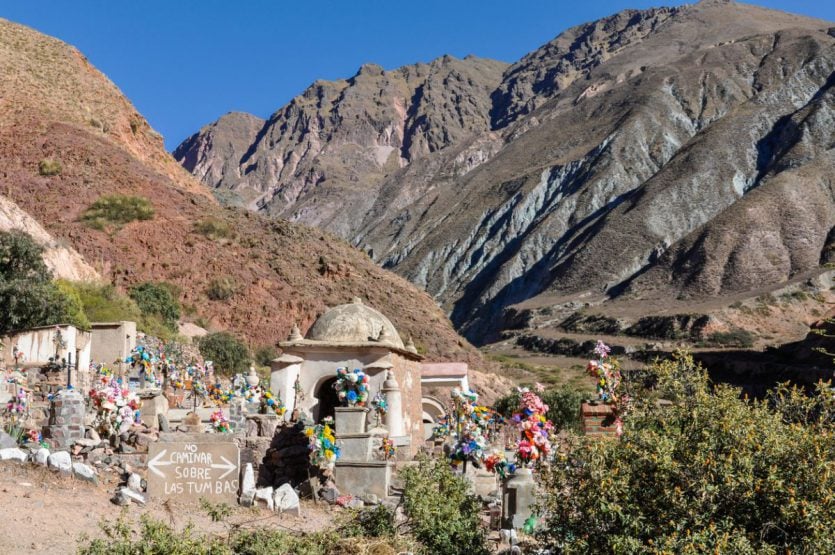Many people in Argentina have beautiful, lyrical names. But what is the origin of Argentinian names like Diego Armando Maradona Franco, Ernesto “Che” Guevara de la Serna and Eva María Duarte de Perón? In this article, we run through the root, meaning and cultural significance of surnames, or apellidos, that you may encounter on your trip to Argentina.
Indigenous Argentines

The root of the vast majority of Argentinian names is Spanish. This is because the Spanish colonised the land now known as Argentina from the 16th century. However, before the Spanish arrived, there were several rich indigenous cultures. Now, there are still many Argentinians who retain their native language, traditions and names. For instance, a person of Quechua heritage may have a last name like Canchaya, Chuquisengo or Quispe. Equally, fairly common Mapuche names are Nahuelpán, Cayancura or Huaiquipán. However, many indigenous family names are lost, due to the pressure to assimilate from Spanish colonists.
Hispanic Argentinian Names
Spaniards began to use surnames in the 12th century, as populations began to grow and it became necessary to be able to distinguish one family from another. During the colonial period, Spain imported their naming traditions to Argentina. Now, broadly speaking, Argentinian names can be divided into four categories.
Mothers & Fathers
Many Hispanic surnames derive from their ancestors’ father’s or mother’s names. For instance, in order to distinguish between two men of the same given name, they would also use the name of a parent. Spanish ‘patronymic’ surnames are formed by adding the suffixes –es, –ez or –is, which means “son of”. So, for example, Salvador Fernández literally means, ‘Salvador, son of Fernándo’.
Occupational Surnames
Similarly to English, Hispanic cultures employ occupations as surnames. Just as surnames like Smith, Baker and Carpenter are common in the Anglophone world, as are names like Guerrero, meaning ‘warrior’; Zapatero, meaning ‘shoemaker’; and Hidalgo, meaning ‘nobleman’ in countries where Spanish is spoken.
Geographical Surnames
Other common Argentinian names derive from places. For instance, Castillo is a common Argentinian name meaning ‘castle’. Equally Argentinian surnames also refer to features of the landscape, such as Ríos, ‘rivers’, or Mendoza, which means ‘cold mountain’. Many of these geographical surnames also include the prefix de, meaning ‘of’ or ‘from’. For instance, a name like María de la Costa means ‘María of the coast.’
Traits and Characteristics
Many Hispanic names are based on a personality trait or physical feature. Therefore, many surnames in the Spanish-speaking world developed from nicknames based on a person’s character or appearance. For instance, last names such as Rubio mean ‘blonde’ and names like Cortes mean ‘the courteous’.
One or Two?

Many Spanish-speakers will use both their mother and their father’s surnames. The middle name – or first surname – generally belongs to the father. The second, or last name, is usually the mother’s maiden name. Traditionally, an y (or ‘and’) might separate the two surnames, but this is becoming less common. However, the pattern isn’t necessarily that strict – some people may use their mother’s name instead of their father’s.
Despite the tradition for using two last names throughout the rest of Latin America, it is less common in Argentinian culture. Many Argentinians will only use their paternal surname – however, you are still likely to come across many Argentinians with very long names!
No comments yet
There are no comments on this post yet.





Leave a comment